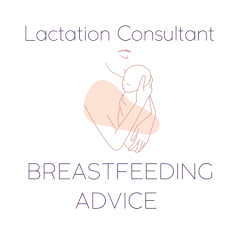The Wonderful World of our Microbiome Eat, Health Suitable for stages: Pregnancy, 0 - 3 Months, 3 - 6 Months
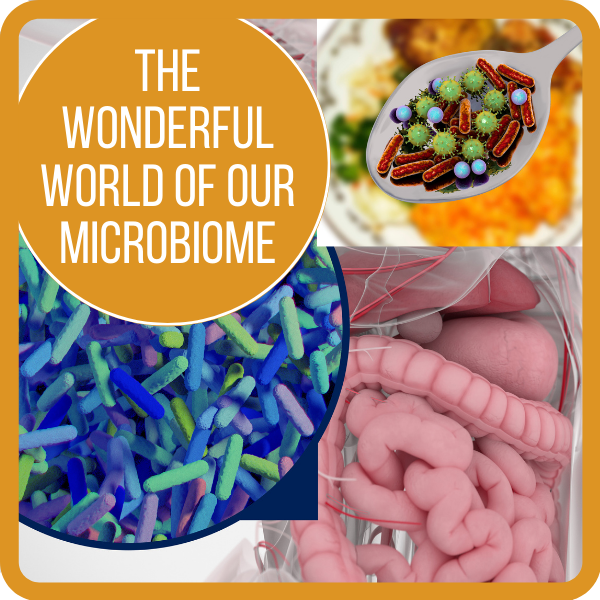

Is your body just your body? It may be much more.
Your microbiome comprises up to 1000 different species of bacteria, yeasts (fungi) and viruses living throughout and on your body. Some 1970s estimates of human cells' ratio to bacteria placed the ratio at 10 bacteria to every 1 human cell, revised numbers indicate this may be much closer to 1:1. The actual number is not important, but the idea that your body is an ecosystem made up of your own cells and organisms' populations is important. With this view, it becomes easy to see why maintaining your health is a balance, and being out of balance can only result in dis-ease. An example of how our understanding of our microbiome has changed is that the womb was previously believed to be a sterile environment. As this theory was studied further, the evidence suggested that microbiota exists throughout the womb, placenta, and umbilical cord blood. This means that there are bodily mechanisms where the mother's microbiota colonise her baby's body even before they are born.
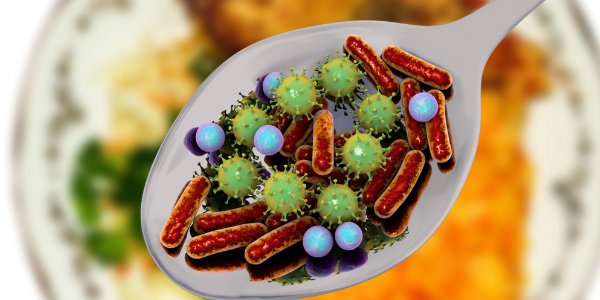
So what is the relationship between gut health, your gut microbiome and what you eat?
As we understand more about the fascinating world of our microbiota, it is clear that when it comes to diet, what you eat is both influenced by our microbiota and they are influenced by what you eat.
The gut microbiome, in particular, is thought to play a crucial role in your health. We do many things in our daily lives, which impacts our own and our future offspring's health and well-being, and what we choose to eat is one of the significant influencers.
According to epigenetic research such as this research paper, maternal nutrition is considered the most important environmental factor influencing the offspring's early development. The research suggests that maternal diets including nutritional compositions "contribute to the establishment of the epigenetic profiles in the fetus that have a profound impact on individual susceptibility to certain diseases or disorders in the offspring later in life".
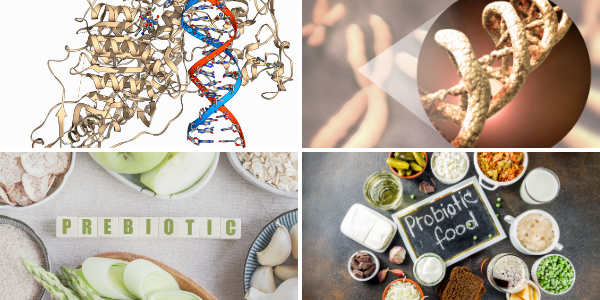
The body is an amazingly complex organism that is never likely to be truly understood on a holistic level. A complicating factor is that we all carry different gut microbiota profiles and genetic factors that influence how well we digest and absorb nutrients from what we eat. One consistent message regarding gut health is that diversity is important in maintaining a healthy balance. Diversity can be achieved by having a variety of seasonal, colourful fresh foods, including prebiotic and probiotic foods.
When antibacterial products or anti-biotics are necessary to introduce onto or into your body, it is a matter of working back towards a balance of diverse microbiota. Other factors which have a toxic effect on and disrupt our microbiome includes stress and intake of human-made and naturally occurring chemicals.
Another factor to consider is that the entire lining of the intestines regenerates every 5 to 7 days. According to the Harvard Gazette, this "continual cell renewal helps it withstand the wear and tear it suffers while breaking down food, absorbing nutrients and eliminating waste". Of the many trillions of cells in the human body, there are about 200 different types, each with different lifecycles. Some cells can't regenerate such as brain cells, female eggs, and your eye's lens cells, but most cells have lifecycles ranging from days to months to years. This is why not getting the nutrients you need in your diet could be compensated by your body for the short term, but the results become obvious over the medium and long terms. A quote from Stephanie Estima sums up the relationship between what we eat and our health,
"What you eat is a short term investment in how you perform,
a medium-term investment in how you look
and a long term investment in your longevity and your healthspan.”
(Episode 6 of the Broken Brain 2 webinar series).
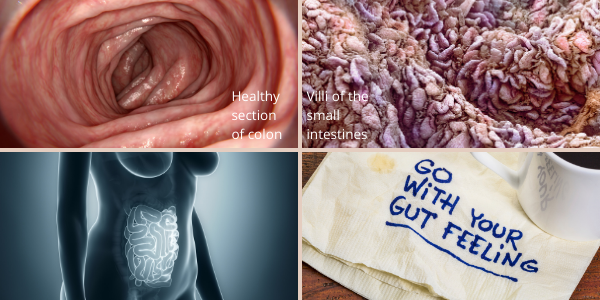
When we think of what we eat as feeding our body cells and feeding the microbiome community that lives within us, this adds a whole new dimension of responsibility. It also helps create the motivation to notice what is going into your body because it IS important.
With more knowledge about your body, it can help you to tune into what is going on in your body (using your interoceptive senses) and have a way of understanding why your gut may be out of balance and what you can do to help yourself to stay healthy. Since what goes in must come out, if we take notice of what is coming out, it can give us clues on the state of our gut health. One way to do this is to use the Bristol Stool Chart to check in with yourself after a bowel movement. Another way is to notice how certain foods make us feel after eating them and know that the effects can be short-term, medium-term or long-term.
When you improve your diet and make positive lifestyle changes, this can positively change your microbiome to a balanced state, and that of your baby. It has been found that the mother transfers her microbiome to her baby in many ways, through during gestation, through the birthing process (vaginal birth), skin to skin contact and breastfeeding. Establishing a healthy microbiome and then supporting and training your baby's immune system is known as 'seeding and feeding'. This has the power to influence the health of your baby during the critical first 3 years, during which time the adult microbiome is established. The Microbirth website has many fascinating blogs exploring the wonderful world of infant/mother microbiome if you are interested in learning more.
Please note: Above all, any information on this website aims to provide general ideas for informational and educational purposes only. We encourage users to investigate several information sources, including, where necessary, independent individualised medical advice before making any decisions that could affect you or your child’s health or wellbeing.
* BabyPeg participates in various affiliate programs and may earn a commission for referring our users through the links provided. This is at no additional cost to our users. We take great care in choosing products and services which align with the mission of promoting better health and wellness for our BabyPeg community. Where possible, products are tried and tested by us. To continue to provide BabyPeg as a free service and reach as many parents as possible, we appreciate your support in using the link provided to purchase if you decide the product is right for you.
